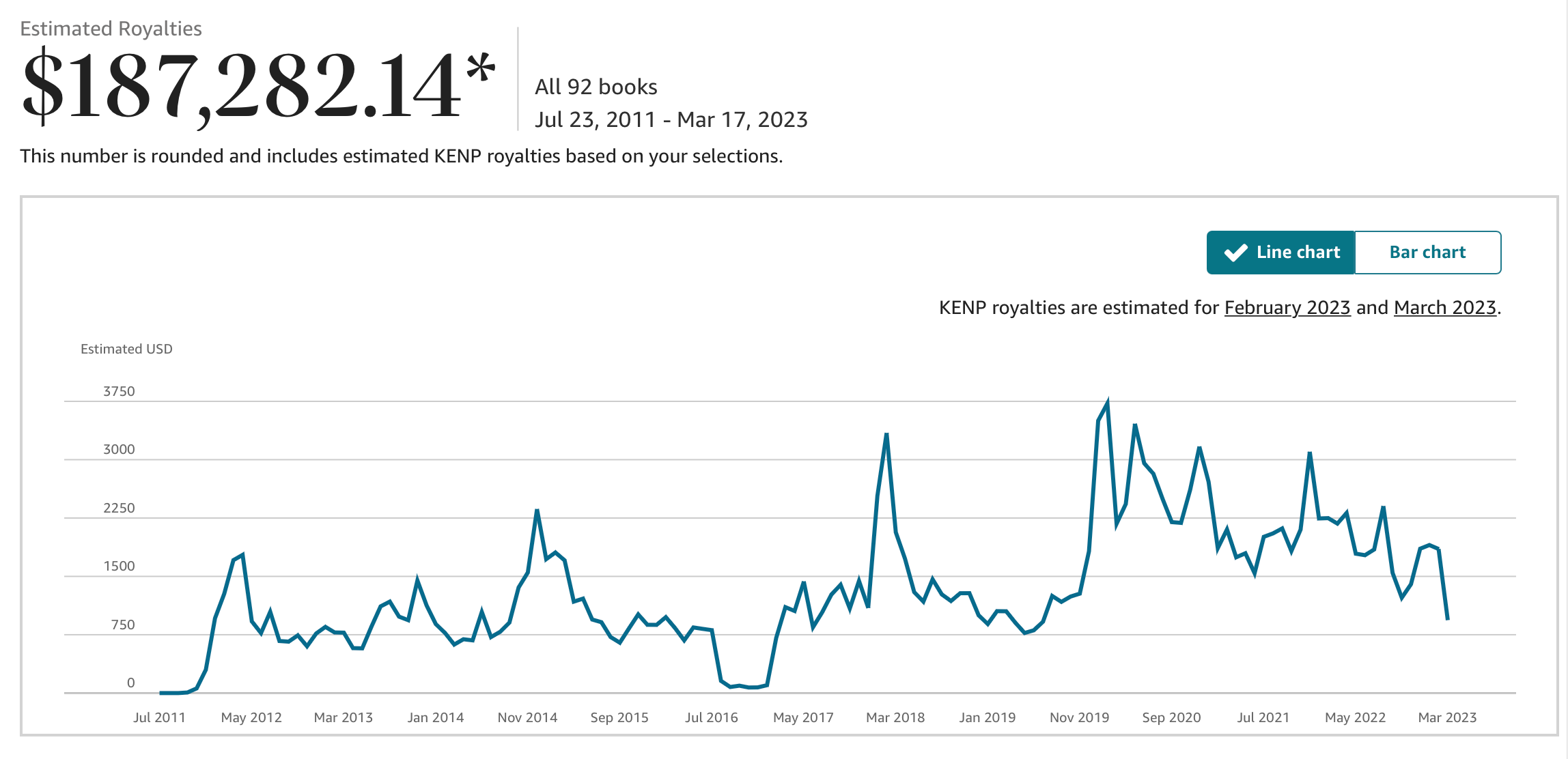For many business leaders, the results of their remote work experiments are in. With employers questioning remote worker productivity, and arguing that in-person meetings and magic watercooler moments are essential for idea generation, they want people back in the office.
Despite this, for many, working from home is now seen as a protected right, not a privilege controlled by their employers. According to a recent Bloomberg survey of 500 mid-level workers— nearly three-quarters (73%) would quit their jobs if they were no longer allowed to work remotely.
In a desperate attempt to get workers to comply with return-to-office mandates, companies are resorting to a range of carrot and stick tactics.
Some companies are tracking employee attendance
In the financial sector, big banks such as JP Morgan and Goldman Sachs have reportedly been collecting data from employee building passes, to audit whether they are complying with their three day a week office policy.
In a memo sent to employees by JPMorgan CEO Jamie Dimon in April, he warned that managers may take “corrective action” if in-office requirements aren’t met.
Others are linking in-office attendance to bonus payouts
Some companies are taking this further. Google, the latest company to restrict remote working, has sent an email to employees, making clear to staff that office attendance would be part of employee performance reviews, and that poor attendance would affect employee’s promotion chances and pay reviews.
A New York law firm, Davis & Polk, has been even clearer — if associates wish to receive their full end-of-year bonus, they need to go to the office three days a week, Tuesday through Thursday, with no excuses.
Many have introduced work from anywhere weeks
While this may all feel very punitive, companies are also willing to recognize and accept the need for a more flexible approach. American Express, Citi Group, Google, and others have introduced “work from anywhere weeks” throughout the year, allowing people a degree of flexibility to help with family commitments.
For instance, employees at American Express are allowed up to four weeks a year to work from any location they wish, during which time they do not have to come into the office at all. For the rest of the year, they are expected to follow a hybrid schedule.
Companies are bringing back relocation packages — paying workers to move back to the office
In a sign of how much employers really do want people back in the office, many are offering relocation payments.
According to the Wall Street Journal, job postings in the U.S. that mention relocation benefits were up nearly 75% as of February when compared with the prior year, according to hiring platform Indeed.com. On ZipRecruiter, job ads that include relocation packages have recently doubled to 3.8 million, after falling under two million in 2020.
Some are even willing to make charitable donations in exchange for office attendance
Some companies are even willing to make charitable donations in exchange for employee in-office attendance. Salesforce has pledged to donate $10 to a local charity for each day an employee comes into the office during an 11-day period in June.
The thinly veiled message that coming to work is “the right thing to do” is not lost on this writer.
Why do employers care so much about getting people back into the office?
These moves show that employers big and small, believe people work better at work.
Some are claiming that being physically together is the best way to stimulate creativity. For instance, Disney CEO Bob Iger has insisted staff be on-site four days a week because “nothing can replace the ability to connect, observe, and create with peers that comes from being physically together, nor the opportunity to grow professionally by learning from leaders and mentors.”
Others argue that physical colocation is essential to ensure productivity. Elon Musk has recently claimed that staff at Tesla who wish to continue to remote work are doing so as they are “pretending to work” and “phoning it in”.
What does this mean for workers?
The rhetoric between employers and employees on remote work is fierce. Managers are taking drastic steps to get people back in the office, while employees are striking at the thought of having flexible work rights taken away from them.
However, somewhat ironically, both groups are increasingly gravitating towards a shared solution — hybrid working. The sooner we can move on from debating whether remote work should even be an option, the faster we can focus on making hybrid work, work, for all parties.
And employees should take note — the latest moves from companies show that they are willing to pay a premium to get staff back in the office. High skilled employees should take advantage of this trend, and negotiate accordingly — whether that’s a top-up of their salary for relocating to an expensive city, or covering relocation costs.




